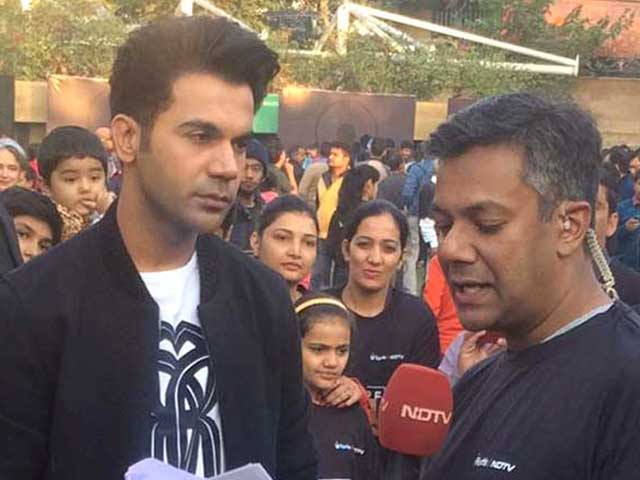
Delhi: For decades, myths and superstitions have held people back from pledging their organs. Don’t let misinformation stop you from saving lives. To help, we’ve busted some of the most common misconceptions floating around with regards to organ donation.
1. The identity of the donor remains confidential until requested otherwise by the donor/donor’s family.

2. Whether or not one can donate is determined after a thorough medical screening. A myriad of medical examinations are conducted to ensure that the donor’s organs are fit to be transplanted, and that the donor is a match.
There are very few medical conditions that will automatically disqualify one from donating organs and tissues. It may also come to light that one may not be able to donate all organs – some may be fit for transplant, while others not so much.

3. Age, sex, caste, creed, religion are no bar to organ donation. The health of the organs at the time of donation is what determines whether one can donate or not.

4. Only organs that you want to donate will be harvested. It is pertinent for family members to know the details, as the final call will be theirs. Nothing will be done without their consent.

5. A single incision is made through which organs are retrieved, after which the body is cleaned, stitched up and respectfully handed back to the family.

6. Brain death is not coma. Coma is a state of deep unconsciousness; there is activity in the brain. In a coma, the person can breathe normally without the help of a ventilator. The brain has capacity to heal.
If one is declared brain dead, then there is no scope of recovery.

7. It is pertinent that family members know and agree with the individual’s decision to donate. The individual’s decision can be reversed by the family when the time comes. The final decision to donate rests with them.

8. Even if an individual has not pledged to donate organs, when the time comes family members can opt to donate. However, registering to donate makes the individual’s wish clear.

9. Less than 5% of the people awaiting transplant have destroyed their organ through substance abuse. They must quit before they can be listed for transplant.

10. From the time the family agrees to donate, they don’t have to pay for anything.











I want to donate my organs